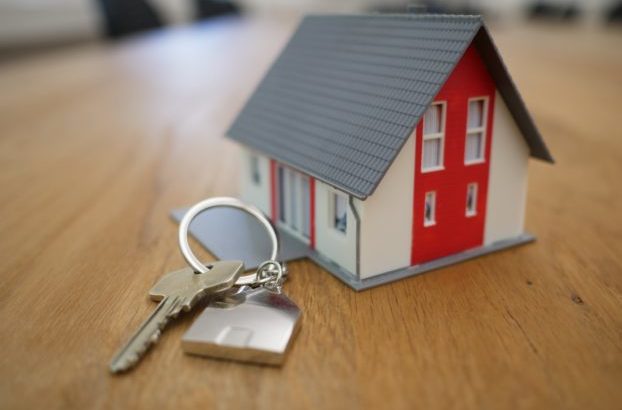A Quick Guide to Flipping Houses

The magic of TV may make flipping houses seem like fast and easy money. However, the reality is quickly different. Indeed, there are many aspects to consider to make sure you get the best return on your investment possible. Keep reading to discover the most vital ones.
Do your homework before you buy
Before you do anything you must do your homework on house flipping. What this means is making sure you are educating on a variety of factors that will impact your investment.
The first of these is making sure you know about the house flipping process itself, and how it works. Otherwise, you could find yourself in the middle of a project without any idea of what to do next.
Secondly, you will need to educate yourself on which location will be best for your investment. Of course, this will depend on a variety of things, but as a rule, flipping is best done in an up and coming area. This is because prices won’t be too high yet, but there will be potential to make a good profit when you turn the house around.
Last, of all, you will need to do your research on the home you are considering buying. This means getting independent surveys to make sure there are no nasty surprises that will eat up all your renovation money and leave you with nothing. After all, if you suddenly find that your property needs a brand new roof, as well as the aesthetic changes you want to make, it will take up additional time and money.
Get your funding secured as quickly as possible
When flipping houses, time is of the essence. This is because the longer you own them, the longer you are not able to cash in on their value. That is why securing funding for your next house flipping project as soon as possible is crucial.
The good news is there are options other than traditional banks loans you can use. One of these is known as hard money lending, and it offsets the loan against the property itself. The great thing about this type of loan is that they are often quicker to secure because the qualification process is much easier.
Over rather than underestimate your costs
While we are on the topic of costs, it’s also worth mentioning that overestimating the budget you will need, rather than underestimating it is always best. This is because there tend to be unexpected costs that pop up during renovations and having a buffer to deal with this can make the whole process less stressful, and faster too.
Take steps to keep your costs to a minimum
Lastly, again on costs, while it’s a good idea to overestimate what they will be, doing everything in your power to keep them low is also sensible. This means choosing good quality but less ornate fixtures and fittings.
You may also consider living in the property while you renovate it, Thereby saving on your own current/ mortgage travel costs.

